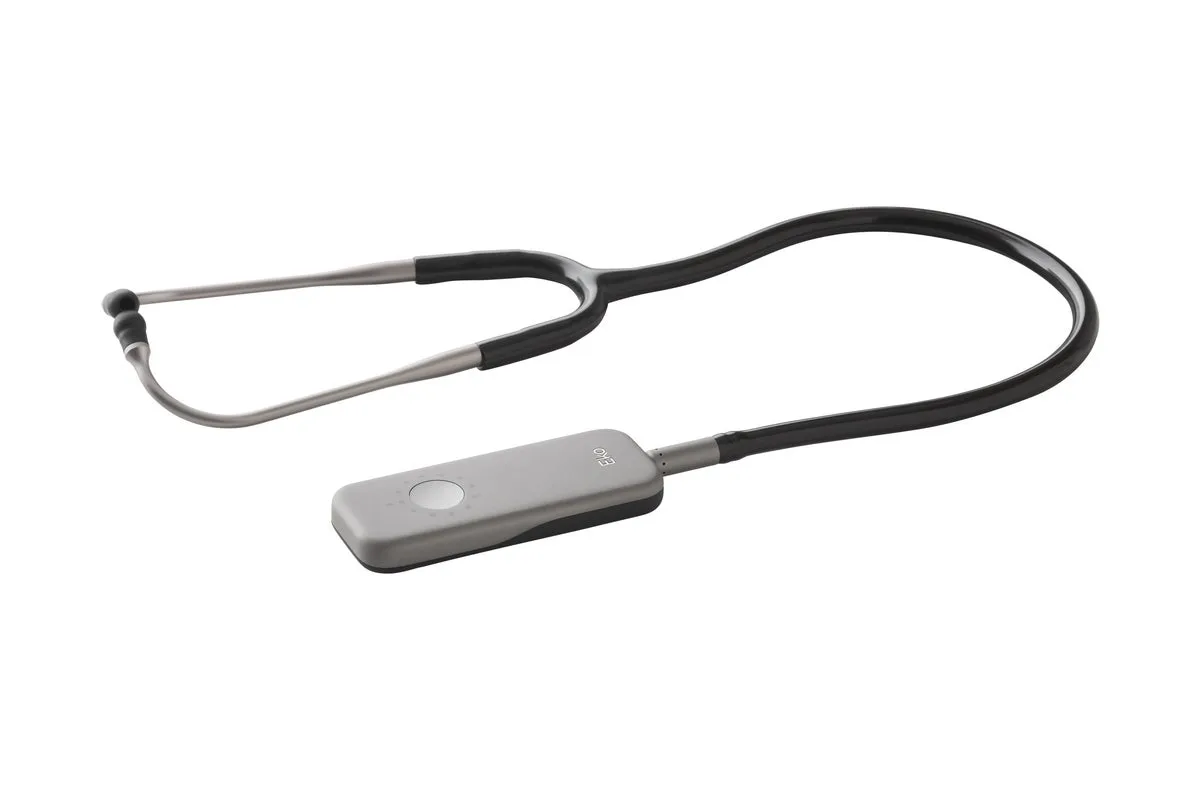A midwife and trainer explain how to train with your period and how to deal with pain, fatigue and headaches caused by your periods
The cycle begins and you feel tired. An excuse or reality: the reaction is subjective. Nothing obliges you to adapt your activity when you have your period: If they are not very painful and scarce, there is no reason to stop or reduce sporting activity. Indeed, the majority say that sport reduces symptoms related to the menstrual cycle, thanks to moderate activity and a healthy lifestyle that includes fruit, vegetables, and 7 hours of sleep.
How to counteract PMS. “First of all it is common to experience some discomfort before or at the beginning of menstruation – explains Daniela Paris, a midwife at the hospital in Vimercate (MB). Often you have the impression that you have gained five kilos compared to a few days before. Running at a moderate pace rather than more intense interval training is recommended: best to avoid abdominals. Against the feeling of heaviness, you recommend activities that limit gravity, swimming, and pedaling. Since water retention increases during PMS, it is more difficult to play sports that require rapid movements, such as tennis or squash ”.
Exercise for pain relief. After half an hour of the sporting activity, the pain disappears thanks to the secretion of endorphins, the hormones of happiness. Regular training even allows you to increase the pain sensitivity threshold and make menstruation less painful. Better a healthy walk than an anti-inflammatory. What about heavy losses known as hypermenorrhea? If the period is too heavy and lasts more than six days, it will be necessary to consult the gynecologist and perhaps integrate with iron supplementation to prevent the risk of anemia. In terms of nutrition, it is recommended to increase water consumption to reduce swelling, but also to reduce salt intake to avoid water retention.
Three yoga exercises and relaxation to soothe menstrual pain
How to counteract cramps in the lower abdomen, back pain, heavy legs. Elena Buscone, massage therapist, trainer, yoga, and pilates teacher advises us what to do. Here are some tips to soothe painful periods.
Abdominal breathing. It can help relieve pain and help you relax. It is ventral breathing that mobilizes the diaphragm muscle. This breathing associated with the lengthening of the time of exhalation compared to that of inspiration stimulates the system that regulates relaxation, mental and muscular. It is advisable to mobilize the “diffusion of Prana” vital energy “ by mentally sending the flow of breath into the sore spot to relax the area”.
The cat pose. To relax back tensions. In quadrupedal, the back of the neck is in line with the spine, hands below the shoulders, and legs hip-width apart. From this posture, alternate breathing: align your back when you inhale while relaxing your stomach, round your back when you exhale where you slightly tuck your stomach.

The position of the child. Sit on your heels, with your half legs resting on the floor, bend your torso forward, rest your forehead on the ground, and spread your knees so as not to crush your stomach against your thighs. Extend your arms out in front of you or stretch them at your sides to relax your back. Abdomen, shoulders, and back will relax.
To relieve lower back pain. In the office or at home, sit with your back straight in a chair, twist to the left and then to the right, and breathe for 30 seconds on each side. This gentle twist will take the strain off your lower back.




